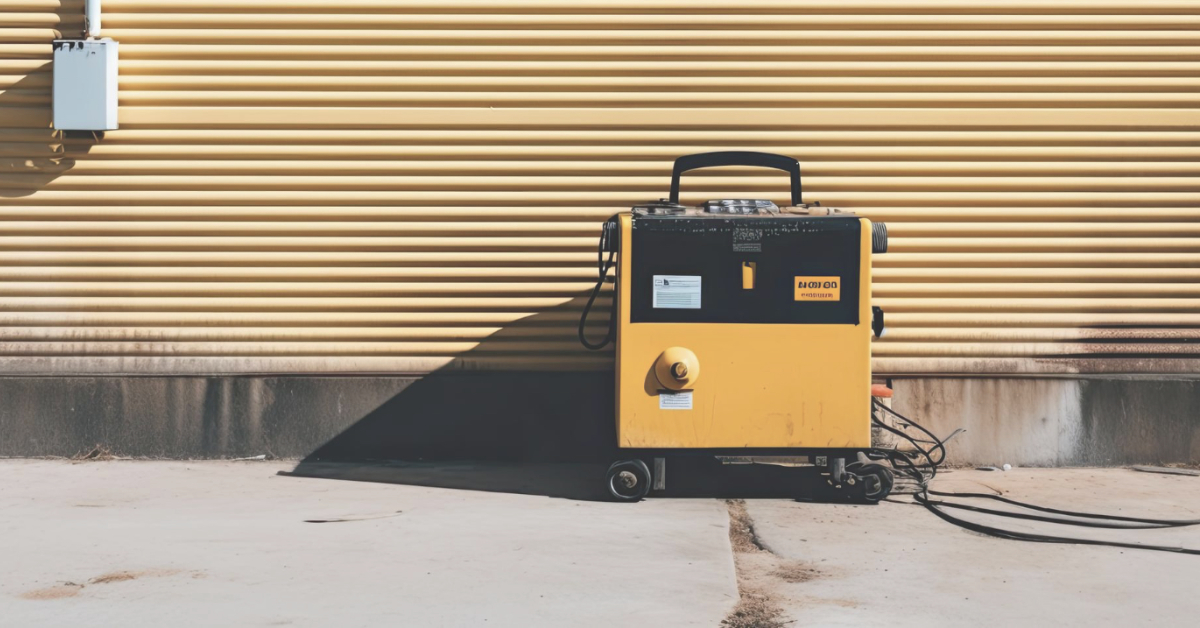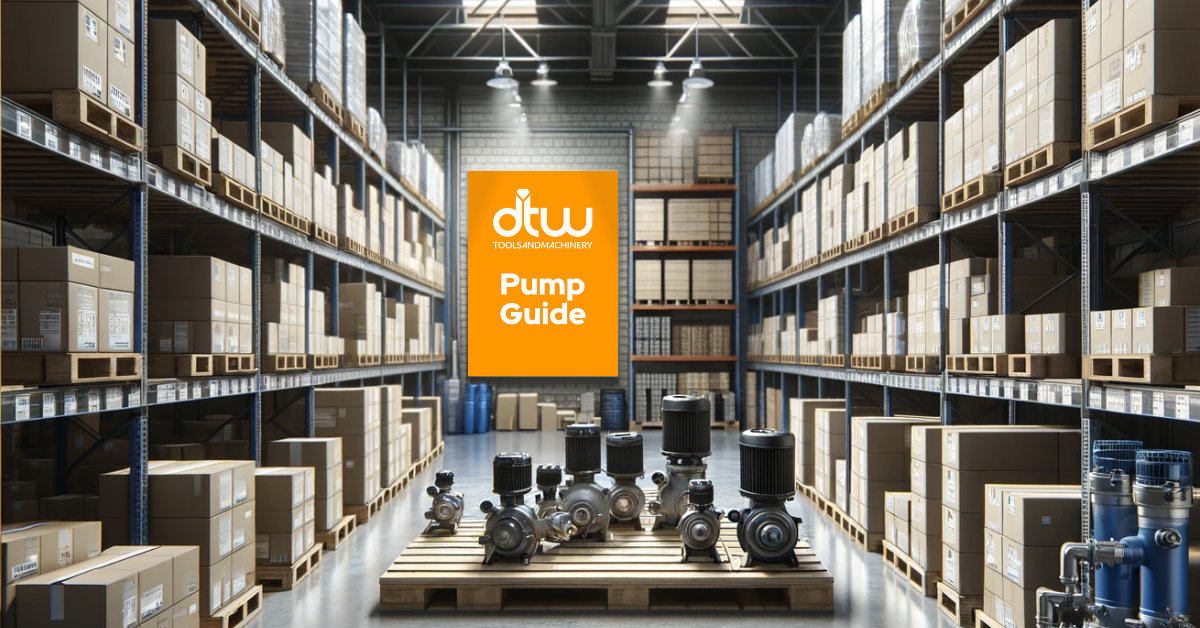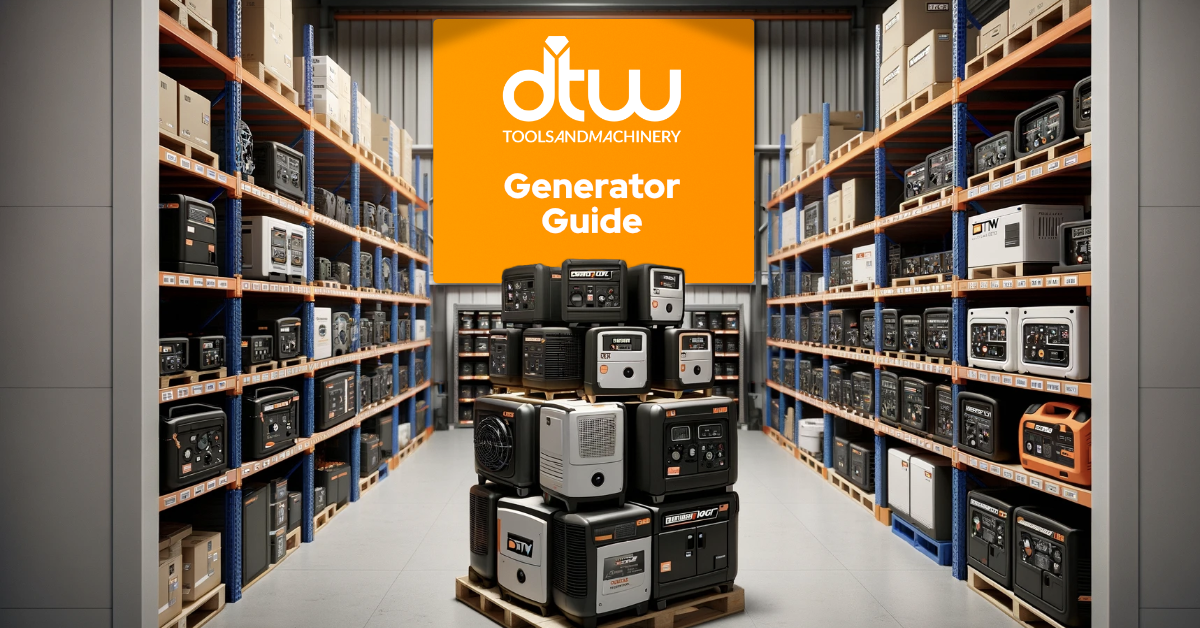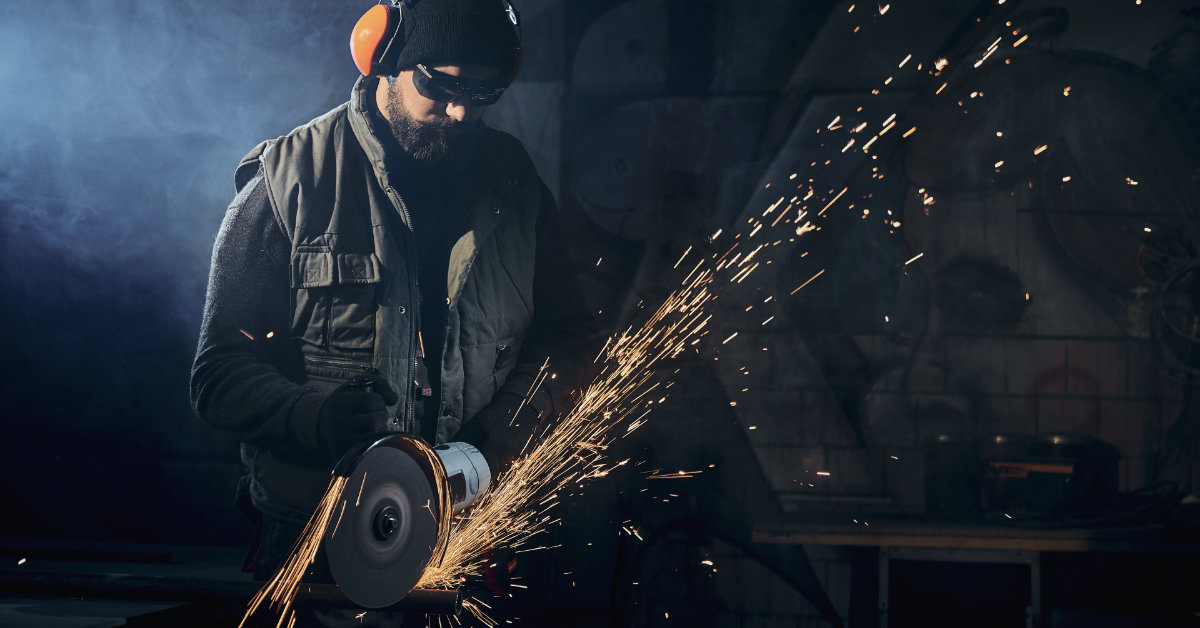Generators are indispensable tools for a range of applications, from outdoor events and camping trips to providing emergency backup power for homes and businesses. However, with the myriad of options available, choosing the right one can seem daunting. This guide aims to simplify the process, ensuring you pick the perfect generator for your needs.
1. Determine Your Power Needs
Start by listing all the devices and appliances you intend to power. Calculate their combined wattage, keeping in mind that some devices, like refrigerators, require more power at startup than during regular operation.
2. Understand the Types of Generators
- Standby Generators: These are permanently installed and automatically start when there’s a power outage. Ideal for homes and businesses.
- Portable Generators: Mobile units perfect for camping, worksites, or temporary power solutions.
- Inverter Generators: They produce cleaner energy suitable for sensitive devices like computers. They’re also quieter and more fuel-efficient.
3. Fuel Type Matters
- Petrol Generators: Widely available, but petrol is flammable and has a shorter shelf life.
- Diesel Generators: More fuel-efficient and longer-lasting than petrol variants.
- Battery Powered Generators: Eco-friendly and silent, but dependent on prior to charging.
4. Size and Portability
If you need a generator for travel or different worksites, consider its size, weight, and whether it has wheels.
5. Run Time
Check how long the generator can run at 50% capacity. This helps determine how often you’ll need to refuel.
6. Noise Level
For residential areas or quiet environments, a generator’s noise level is crucial. Inverter generators are generally quieter.
7. Safety Features
Look for generators with built-in safety features such as:
- Automatic shut-off when the oil level is too low.
- Circuit breakers to prevent overloads.
- Ground-fault circuit interrupters (GFCIs) for protection against electrical shock.
8. Price vs. Quality
While it’s tempting to opt for the cheapest model, investing in a reliable, well-reviewed brand can save money in the long run due to reduced maintenance and replacement costs.
9. Warranty and Customer Support
Choose brands that offer robust warranties and reliable customer support. This ensures that if issues arise, you have recourse.
10. Local Regulations
Before purchasing, check local regulations. Some areas have noise or emission restrictions which could influence your choice.
In conclusion, while the task of choosing the right generator might seem overwhelming, breaking it down step by step makes it manageable. By understanding your needs and the features on offer, you can ensure a reliable power source whenever you need it.





